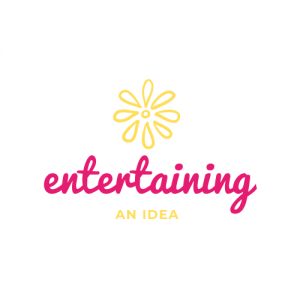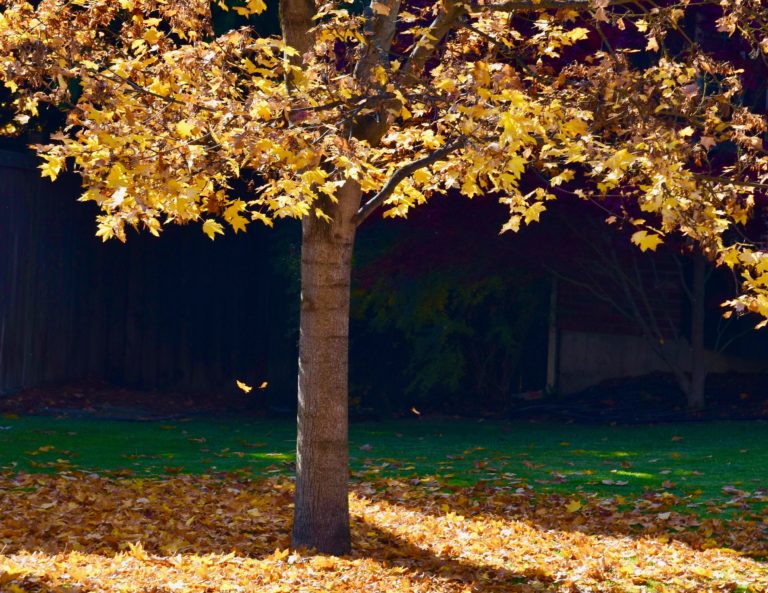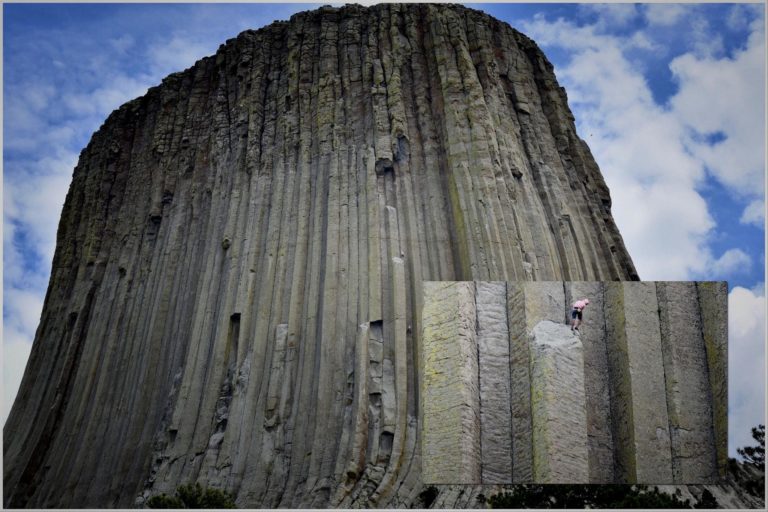
Who am I?
If you’ve ever wanted to understand yourself better or look within using another pair of lenses, you may have taken some type of assessment to determine your personality type, communication style, or leadership quotient, or capacity for emotional intelligence. The RHETI – the Riso-Hudson Enneagram Type Indicator (RHETI v2.5) – is a personality assessment that costs $12 and takes about 40 minutes to complete online, and you get your results immediately (https://www.enneagraminstitute.com ), which is great if you don’t like delayed gratification! The RHETI also provides a wealth of information about your primary personality type and way of approaching and responding to the world based on responses to your choice of 144 pairs of descriptions of behavior is more true for you throughout your life: Type 1 – The Reformer, Type 2 – The Helper, Type 3 – The Achiever, Type 4 – The Individualist, Type 5 – The Investigator, Type 6 – the Loyalist, Type 7 – The Enthusiast, Type 8 – The Challenger, and Type 9 – The Peacemaker. And there are subtypes based on your next strongest tendencies. I am just learning about the Enneagram and plan to consult a friend who is an expert in interpreting RHETI results. But what I’ve read initially has been uncannily accurate and informative.
Turns out that my primary personality type is Type Three – The Achiever. Of the nine personality types identified in the Enneagram, the Achiever is the Success-Oriented, Efficient Type: Adaptive, Excelling, Driven, and Image- Conscious.

Healthy and Unhealthy Expressions
Threes are people of action and achievement. All of these descriptors sound reasonably positive. At their best, Threes are authentic, self-accepting, and inspirational role models. Threes accomplish a lot which helps them feel like valuable and worthwhile – their basic desire and a need all humans share. However, Threes typically have problems with workaholism and competitiveness. They fear being worthless and, thus, can drive themselves too hard, involve themselves with busywork, and overdo.
So, the 7th of Brené Brown’s 10 guideposts for Wholehearted living identified by Brené Brown (Daring Greatly, 2012, p. 9) is custom-fit for me: “Play and Rest – Letting go of exhaustion as a status symbol and productivity as self-worth”. The tendency to drive myself too hard is in my DNA. I’ve seen this in my parents’ behavior ad that of my sibs. We are wired for it and we’ve been reinforced for it. There’s nothing wrong with a strong work ethic, but Threes can take this to an extreme. For example, running a weedwhacker until your hands hurt or start feeling tingly and then numb. Or just completing one more project before calling it quits for the day. Or, being the first one to the office each day and the last one to leave. pushing beyond what might be healthy or safe.

Rx: Rest
One of the five personal growth recommendations for Threes is: “Take breaks. You can drive yourself and others to exhaustion with your relentless pursuit of your goals. Ambition and self-development are good qualities, but temper them with rest periods in which you reconnect more deeply with yourself. Sometimes taking three to five deep breaths is enough to recharge your battery and improve your outlook.” (https://www.enneagraminstitute.com ).
If you recognize yourself in the descriptions and recommendation for Threes, perhaps you could use some rest, too. Rest is an essential act of self-care, and we can practice rest in many ways. We can rest our bodies in deep, peaceful sleep. We can rest our hearts by remembering feeling loved or belonging. We can rest our minds by reading or listening to something we enjoy or that inspires us – poetry, devotional writings, a piece of music. We can rest our souls in reflection and prayer or absorbing the beauty of nature.

Rx: Play
Play is another piece of the 7th guidepost for Wholehearted living. To play is to “engage in activity for enjoyment and recreation rather than a serious and practice purpose” (Google Dictionary: play). Play involves participation for the sake of the activity itself. It is spontaneous, freely chosen, self-motivated, and self-directed, rather than goal-oriented or extrinsically motivated. Play is the flip side to work. We play because we want to, not because we have to. The drivers are desire and fun rather than obligation.
Play is also universal in nature. Children and animals play, and play is a normal and important part of growth and development (Piaget, 1962). It allows for humor, creative exploration and problem-solving, imagination and discovery. Play is pervasive, infusing activity throughout the lifespan (Fromberg and Bergen, 2006). And play is transformative – it gives new meaning to familiar objects, ideas, and actions.
In addition, play is integrative, and in more ways than one.
- Play is an outward and joyful expression of our inner child, our spirit, our essence.
- Play is active engagement (Fromberg and Bergen, 2006), and often involves our whole selves – our body, mind, and spirit; where work often involves a part of us and downplays others – think of jobs involving physical labor or that reward being in our head and thinking more than feeling with our heart or nurturing our spirit. Unlike overworking and its potential to drain our physical, mental, and emotional energy; play refills our tanks.
- “Play interacts with, parallels, represents, and integrates physical, social, emotional, aesthetic, and cognitive experiences. From a developmental viewpoint, play increases in complexity within these integrated developmental domain perspectives” (Fromberg and Bergen, 2006, p. xv).
- Play is not bounded by class, color, creed, nationality, or political party (Suresh Kumar). We can play “across the aisle”. Play can help us bridge divides.
Inspirational Quotes re: Play
Almost all creativity involves purposeful play. – Abraham Maslow
We don’t stop playing because we grow old; we grow old because we stop playing. – George Bernard Shaw
Play is not a luxury. Play is a necessity. – Kay Redfield Jamison
Life must be lived as play. – Plato
Play is the highest form of research. – Albert Einstein
Play is our brain’s favorite way of learning. – Diane Ackerman
Some days are simply meant for playing. – Mary Anne Radmacher
It is a happy talent to know how to play. – Ralph Waldo Emerson
Play is training for the unexpected. – Marc Bekoff
Play is the only way the highest intelligence of humankind can unfold. – Joseph Chilton Pierce

Inquiries re: Rest and Play
How will you rest and refill your tank?
How, in what contexts, and with whom will you choose to play moving forward?
These feel like critical and timely questions from the standpoint of self-care in stressful times, ongoing personal growth, connecting with others and building and sustaining community, and social reconstruction. I’d love to hear your thoughts by email: tinageithner@me.com
Resources
Brown, Brené. Daring Greatly: How the Courage to Be Vulnerable Transforms the Way We Live, Love, Parent, and Lead. New York, NY: Gotham Books, 2012.
Fromberg Doris Pronin, and Bergen, Doris (Editors). Play from Birth to Twelve: Contexts, Perspectives, and Meanings (Second Ed.). New York, NY: Routledge (Taylor & Francis Group, LLC), 2006.
Kumar, Mr. Suresh, Assistant Professor. Play (PowerPoint presentation: https://slideplayer.com/slide/3900461/ ).
Piaget, Jean. Play, Dreams, and Imitation in Childhood. New York, NY: W.W. Norton & Company, Inc. 1962.
The Enneagram Institute®. 3355 US Highway 209, Stone Ridge, NY 12484; Phone: (845) 687-9878, Toll-free in the USA: (888) 366-3247; Normal office hours Mon-Fri 9:00am – 4:00pm ET. https://www.enneagraminstitute.com







